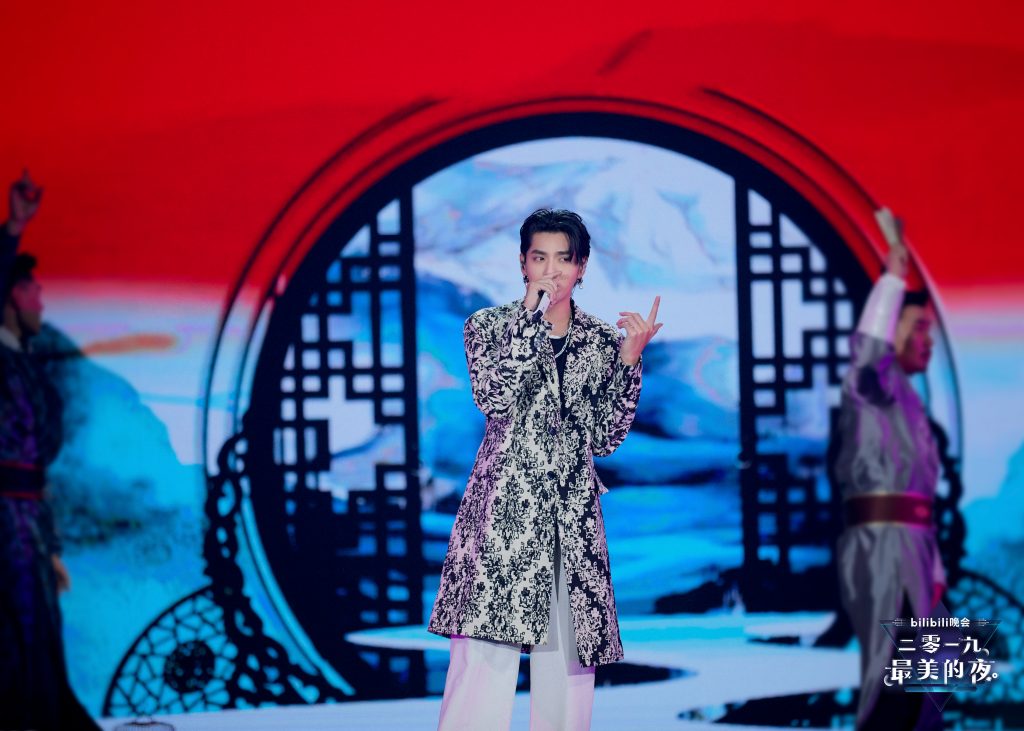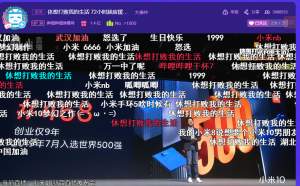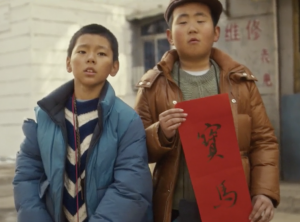
Kris Wu performing during Bilibili’s New Year’s Eve show
Although not as big as the Lunar New Year, which is just a few weeks away this year, the New Year on the Gregorian calendar still provides ample opportunity for entertainment extravaganzas and brand engagement.
While the festivities have traditionally been monopolized by China’s large state networks, including CCTV, Hunan Television, Jiangsu Television, and Dragon TV, this year saw the emergence of additional contenders with innovative formats.
The youth-oriented video platform Bilibili launched its first New Year’s Eve show to ring in 2020 with a focus on appealing to Gen Z and millennial audiences. Its “Last Night of 2019” showcase streamed for three-and-a-half hours and featured a combination of celebrities, IP and trending cultural icons from China and overseas, highlighting Bilibili’s emphasis on covering a broad range of creative endeavors.
The lineup included Harry Potter, Game of Thrones, World of Warcraft, League of Legends, hit animations “Ne Zha” from China and “Spirited Away” from Japan, virtual idol Luo Tianyi, and hip-hop stars Kris Wu and GAI. At the peak of viewing, the audience for Bilibili’s broadcast was 82 million, and a further 40 million playbacks had been recorded by the following day.
Alibaba’s flash-sales platform Juhuasuan was the title sponsor of the Bilibili gala, part of a broad campaign focused on New Year’s Eve. To target Bilibili’s users, Juhuasuan released special products with ACG themes. Other major sponsors of the show included Airbnb, Oreo and Cadillac.
Another unique approach to New Year’s Eve entertainment was taken by Shenzhen Television, which broadcast “Time’s Friend” (时间的朋友), a four-hour lecture by Luo Zhenyu, founder of education app iGet. The show’s six sponsors, which included Vivo, Yili Dairy and China Merchants Banks, were presented as “knowledge partners” and paired with research reports discussed by Luo during the broadcast. Each sponsor also filmed a two-minute spot starring Luo and aired during the lecture, the only interruptions during the lengthy talk.





